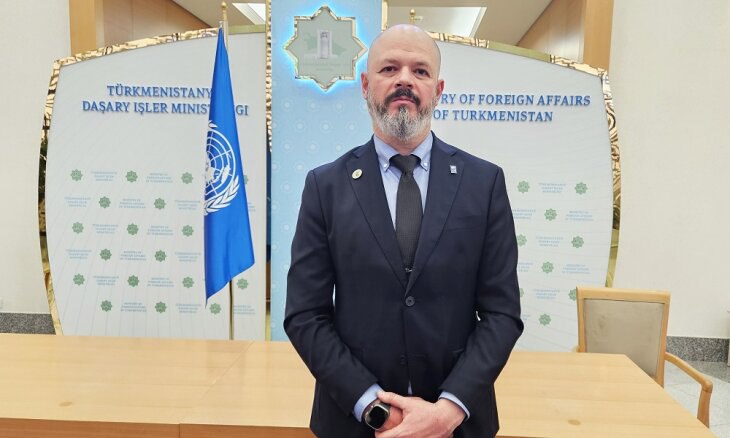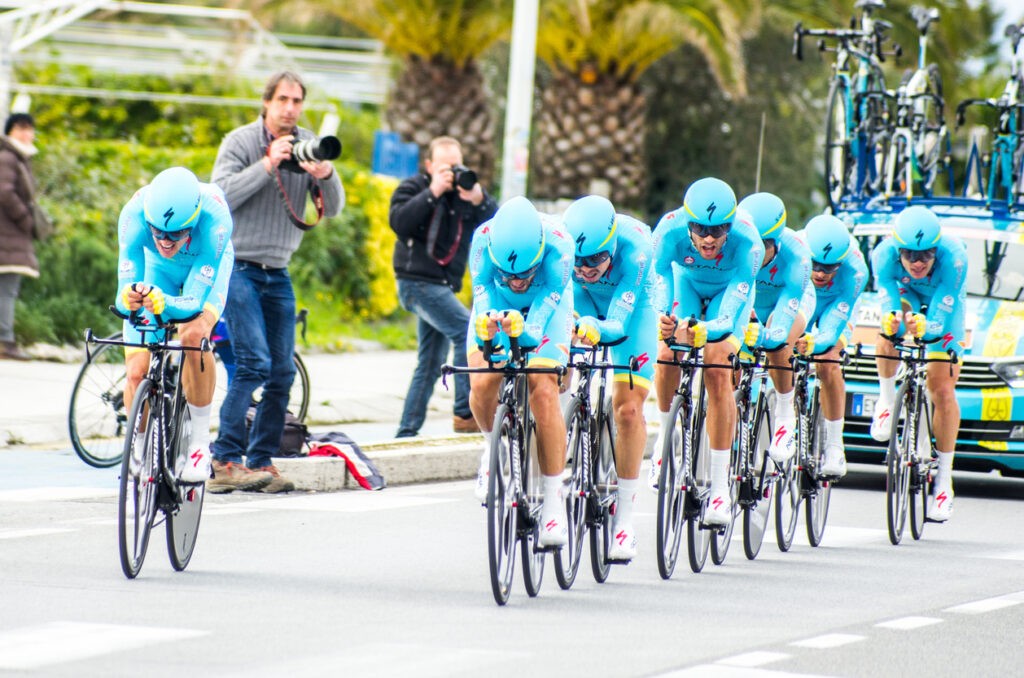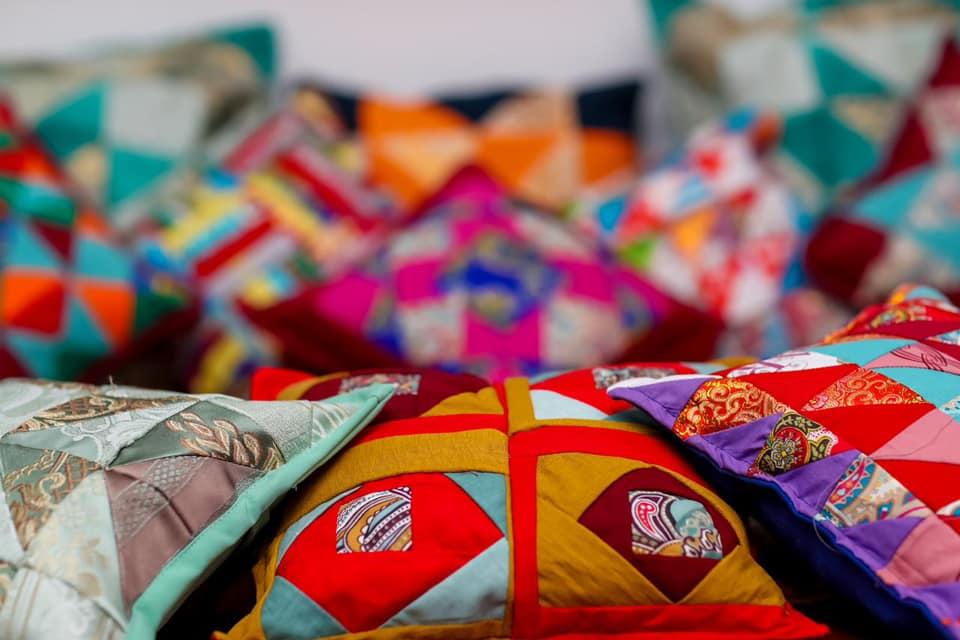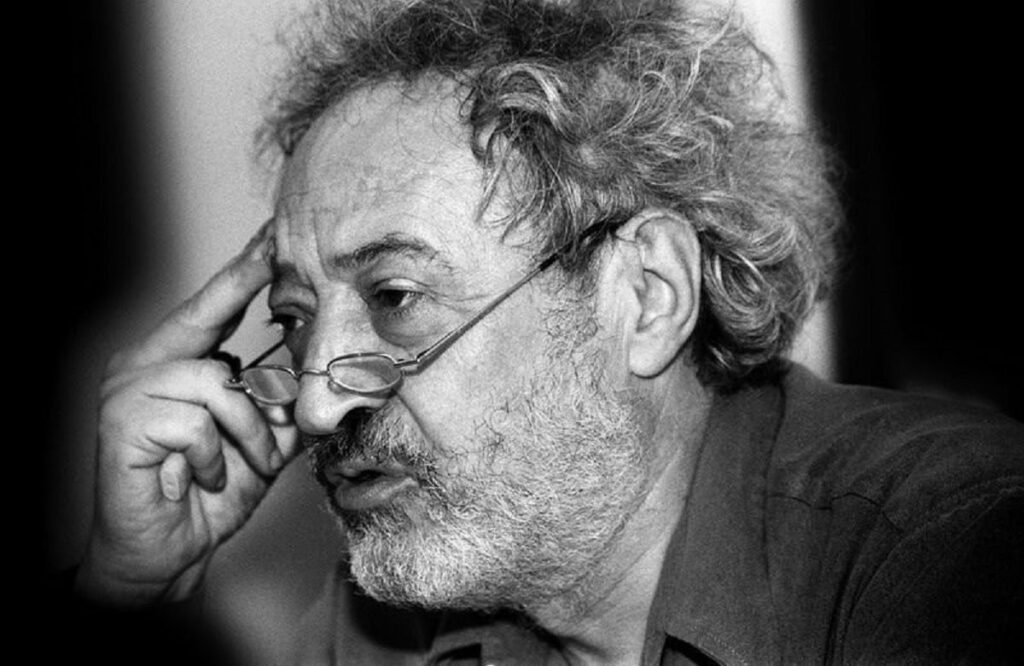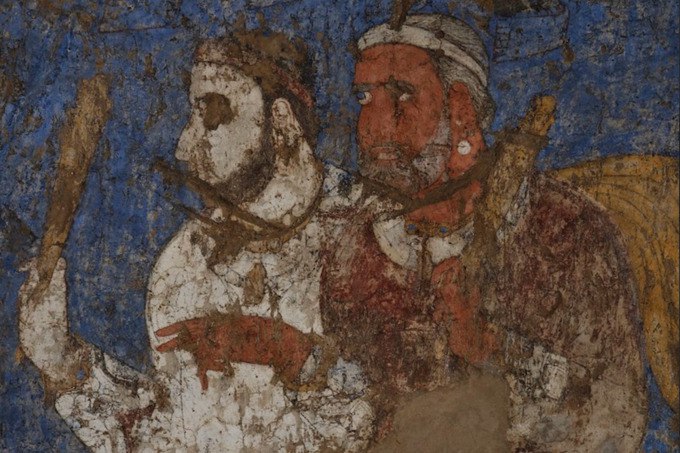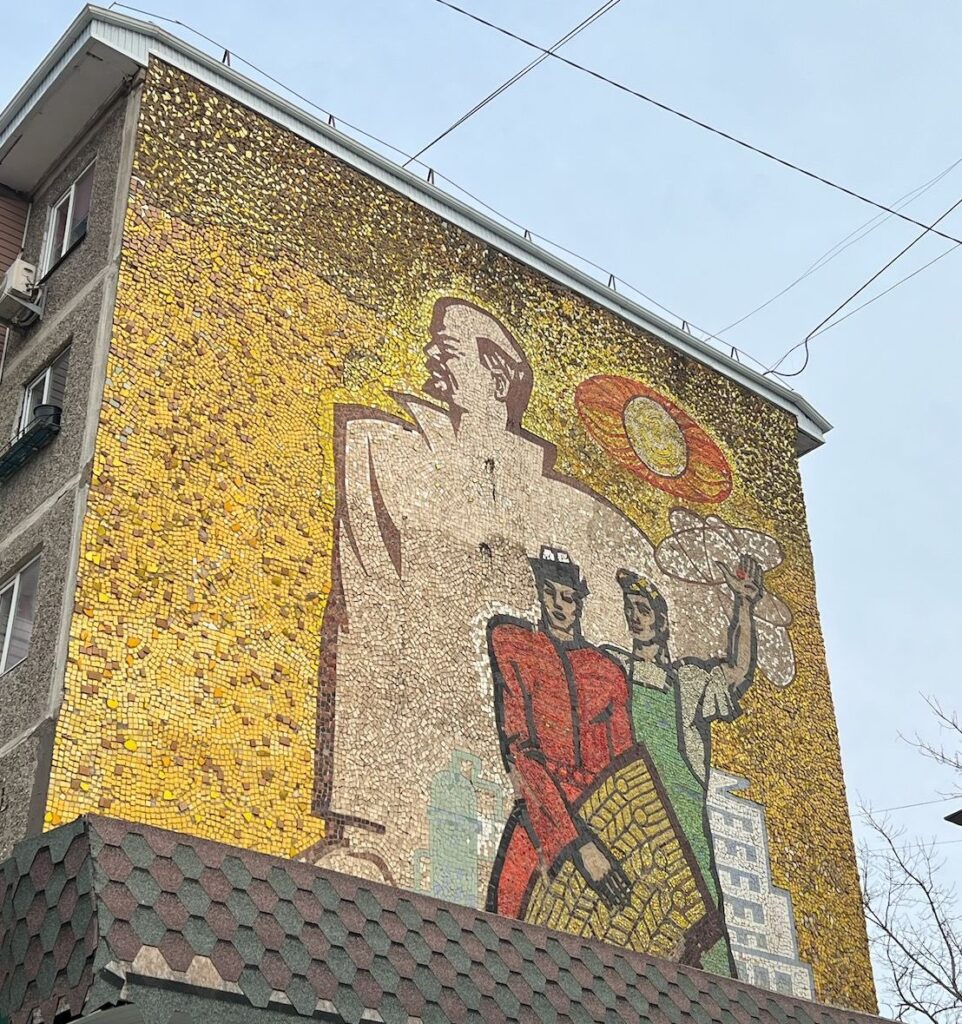UNDP Launches Course on Gender Issues in Turkmenistan
Turkmenportal has reported that the United Nations Development Programme is launching a specialized online course on gender issues for Turkmenistan's civil servants. The course will cover topics such as basic gender definitions, international standards, gender in public policy, gender analysis tools, local gender stereotypes, strategies for achieving gender equality, national frameworks, the prevention of gender-based violence, and engaging men in efforts to promote gender equality. Training will be offered in English, Russian, and Turkmen, and will include texts, quizzes, presentations, and other content to aimed at providing the necessary knowledge and skills to promote gender equality in the workplace. The course is expected to provide civil servants with a comprehensive understanding of gender equality concepts and international standards, enhance their ability to integrate gender aspects into public policy, and enable them to actively promote gender-responsible governance. As Tomica Paovic, the UNDP Resident Representative in Turkmenistan, noted, mainstreaming gender issues and awareness into civil servants' work is crucial to promoting equality, enhancing policy effectiveness, and ensuring sustainable development. "We are confident that this important initiative, supported by the UNDP's partner, the Government of Canada, will strengthen the country's capacity for gender equality and women's empowerment, in line with the National Action Plans on Human Rights and Gender Equality in Turkmenistan," Paovic stated.
